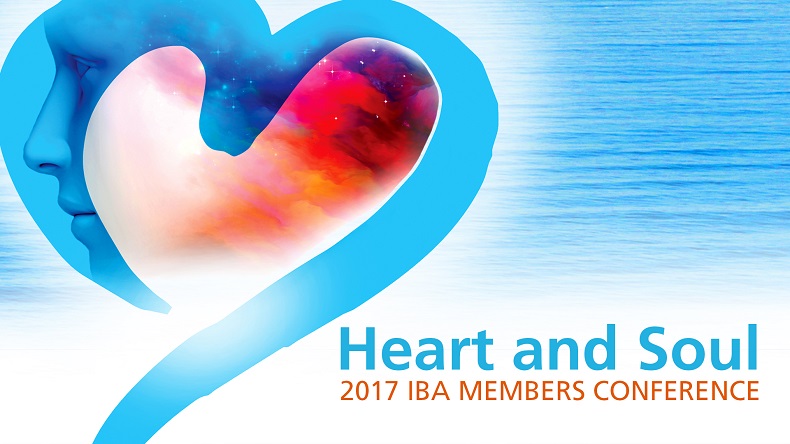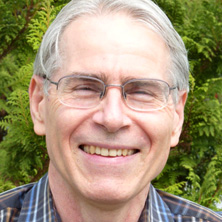English (US)

Charles Krebs’ book, A Revolutionary Way of Thinking, is one of three books that greatly influenced our founder John Veltheim in his professional career and in the evolution of the BodyTalk System. In this presentation from the 2017 Members Conference, Dr. Krebs delves deeply into his areas of work and research in the field of Applied Physiology.
Using muscle testing, Charles shares his protocol for assessing and correcting loss of synchronized neural flow. Using acupressure, he shows you how to reintegrate these areas of dysfunction. He also, quite graciously, orients his discussion to enhance those principles that John explores in his Soul's Journey: Exploring the Mind and the Three Brains course, including an investigation of the Triune Brain model, its different levels of interaction and its potential for integration. As you can probably tell, this work will be an invaluable adjunct to your work with BodyTalk.

Charles T. Krebs began his professional career with a PhD in Biology & Physiology from Boston University. After teaching marine biology and neuroanatomy for a number of years at St. Mary's College in Maryland, in 1983 he moved to Australia as a Marine Research Scientist at the Marine Sciences Laboratory in Queenscliff, Victoria. Shortly after his move, a near fatal scuba diving accident left him paralyzed from the waist down and opened the door to a new chapter in his life. Through his knowledge of anatomy and physiology and his ability to move Ch’i with his mind from years of martial arts training, he learned to walk again. He went on to be Principal Research Scientist, Head of Water Quality Laboratory Environmental Protection Authority of Victoria from 1985 to 1988.
During his period of recovery he sought alternative and complementary therapies to help him walk better, including massage, chiropractic, osteopathy, homeopathy, naturopathy, acupuncture, and even Filipino Faith Healing. Kinesiology, a form of direct muscle biofeedback, helped him the most. Completely fascinated by this technique, he spent the next five years learning everything he could about energy medicine. In 1988 he resigned from the EPA to take up this work full time. He spent time in the U.S. studying Applied Physiology, a physiologically based form of kinesiology, and upon his return to Australia in 1989 he opened an Applied Physiology clinic, Melbourne Applied Physiology, and was its Director from 1991 until his move to the Lydian Center in 2009.
Starting in 1985, Charles began working with clinical psychologists, speech pathologists, neurologists and other health professionals to develop the Learning Enhancement Acupressure Program (LEAP), a program for the correction of most learning problems. He researches, teaches and lectures internationally on LEAP, kinesiology, anatomy and physiology, and neurology.
"Do not borrow the productions of other men's brains and pens and recite them as a lesson; but make the most of the talents, the brain power, that God has given you."
– Ellen G. White
In this presentation, Dr. Krebs explains his LEAP program, a protocol initially developed to work with children and adults with specific learning disabilities, but which now has been expanded to support life changes in many areas of dysfunction. Because underlying disorders and dysfunctions in many areas of our lives have a common origin in loss of synchronized neural flows within our brain and bodies, LEAP has developed protocols to both assess and correct these problems. Dr. Krebs presents an effective way for people to observe and “feel” their state of brain integration using a simple bilateral muscle test for the corpus callosum. He also shares how the LEAP system provides direct access to the three different levels of brain function.
Topics discussed in the course include:


 Online anytime at your own pace
Online anytime at your own pace
